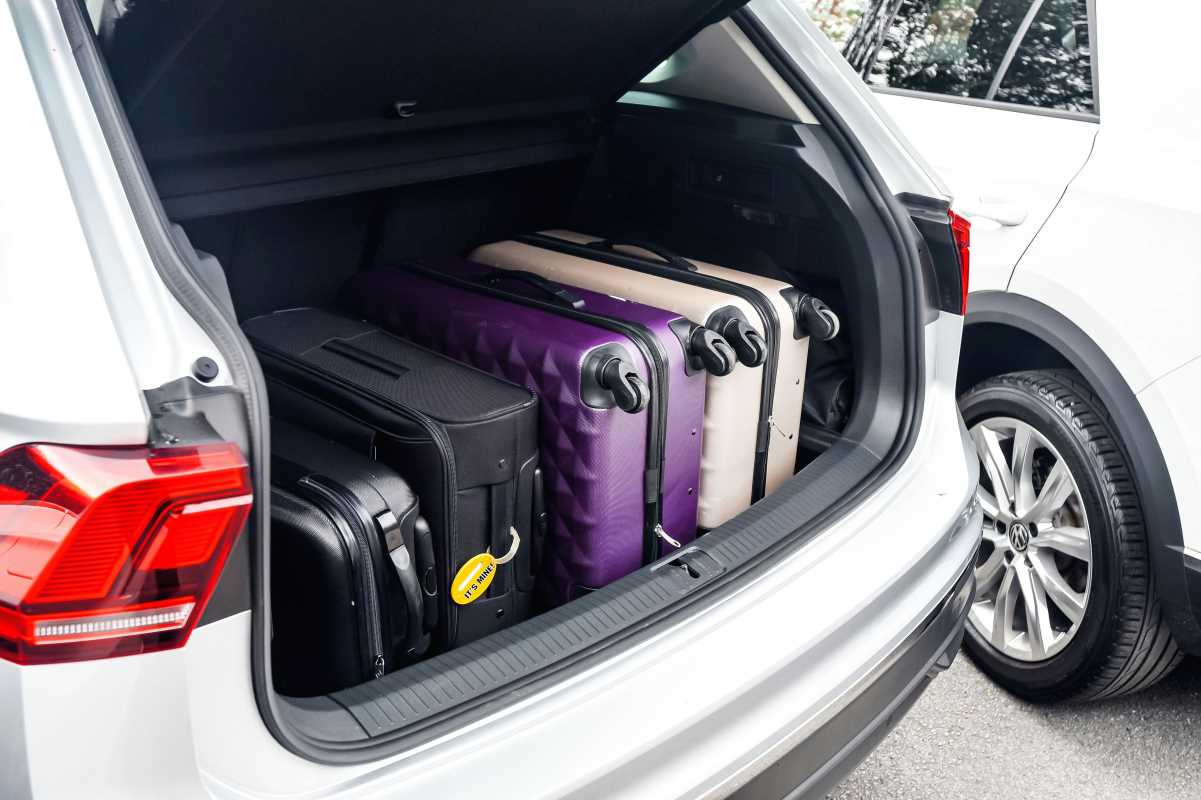Landing a job abroad is an exciting, transformative experience, offering opportunities to explore new cultures, grow your career, and broaden your personal and professional horizons. But here’s the thing: securing a job in a different country isn’t just about sending the same resume you’ve used domestically. Your resume needs to stand out, align with the expectations of international employers, and adapt to different cultural nuances.
Writing a resume for a job abroad involves more than just translating your achievements into another language. It requires showcasing your adaptability, understanding the expectations of foreign hiring managers, and highlighting skills that align with international markets. Whether you’re eyeing roles in Europe, Asia, the Middle East, or beyond, understanding what makes a resume appealing to global recruiters will give you an undeniable edge.
So how do you craft a resume that communicates your skills, experience, and potential in a way that resonates with international employers? Let’s break it down step by step, ensuring you have the tools to make a great first impression, no matter where your professional journey takes you.
Understand the Regional Expectations for Resumes
One of the most critical elements of writing a resume for a position abroad is knowing that expectations can vary widely depending on the country or region you’re targeting. A resume that works in the United States might not have the same appeal in Europe or Asia, as different cultures place different emphasis on structure, content, and even personal information.
For instance, in many European countries, resumes may include a photo, personal information like marital status, and specific details about skills and accomplishments. In contrast, North American resumes are often shorter, focusing more on quantifiable achievements and leaving out personal details. Similarly, in Asia, a resume may place a heavier emphasis on demonstrating cultural sensitivity and language skills.
Before you start writing, research the hiring practices of your target country. Learn what employers expect, whether they value concise resumes, comprehensive achievements, or a mix of both. Adapting your resume to these expectations shows recruiters that you understand and respect their professional norms — a subtle but powerful signal that you’re invested in fitting into their organization.
Tailor Your Skills and Experience to Match International Roles
You’ve probably heard that tailoring your resume is important, and that’s doubly true when applying for international positions. Your resume should emphasize the skills, experiences, and achievements that align with the needs of the specific role or company you’re targeting. This means emphasizing transferable skills that translate well across borders, such as cross-cultural communication, adaptability, and proficiency in multiple languages.
Employers abroad value candidates who can bridge gaps, work with diverse teams, and adapt to new environments. Highlight international experience (whether through study, travel, volunteer work, or previous roles) and showcase examples of your ability to work in multicultural teams. This gives employers confidence that you’re capable of managing transitions and thriving in global work environments.
Focus on achievements that can speak for themselves, like “Managed a team of 12 across three countries to launch a new product on time and under budget” or “Led a cross-functional project improving operational efficiency by 20%.” These achievements demonstrate versatility, leadership, and international-mindedness — qualities that hiring managers highly value.
Showcase Language Skills and Cross-Cultural Experience
When you’re applying for a job abroad, language skills can set you apart from other candidates. Employers are often looking for individuals who can communicate effectively, understand local nuances, and integrate seamlessly into their teams. Whether you’re fluent, proficient, or just conversational in a language, it should always have its own prominent section on your resume.
Beyond language, employers want to see evidence of cross-cultural experience. If you’ve spent time living abroad, studying in another country, working with diverse teams, or engaging in intercultural initiatives, include these experiences prominently. They show that you can navigate different working styles, customs, and expectations — skills that make you an asset to international companies.
Don’t just state your language abilities — add context. For instance:
- Fluent in French and English with two years of experience living in Paris and managing multilingual teams.
- Intermediate Spanish proficiency developed through a year of study abroad and professional negotiation experience.
- This approach gives a clear picture of how language and cross-cultural understanding have shaped your personal and professional journey.
Focus on Results and Quantifiable Achievements
Employers everywhere value results, but when it comes to international job applications, it’s especially important to show how your skills and experience translate into concrete achievements. Numbers, data, and measurable outcomes make your accomplishments more persuasive and provide clear evidence of your potential. International hiring managers appreciate resumes that demonstrate efficiency, impact, and value.
Instead of listing generic job responsibilities, focus on how you contributed to success in your role. For instance, rather than saying “Responsible for team leadership,” say, “Led a team of 10 to achieve a 15% increase in productivity over six months through strategic process improvements.”
Quantify your accomplishments wherever possible and highlight the results that are most relevant to the prospective employer. This could include outcomes related to:
- Financial performance or revenue growth
- Efficiency improvements or cost reductions
- Project completions or successful product launches
- Awards, recognitions, or client testimonials
By emphasizing results and accomplishments, you’re providing international employers with evidence that you can deliver outcomes — no matter the country, team, or project.
Present Your Resume with Global Professionalism
Even if you’re an experienced professional, your resume must look polished, professional, and easy to navigate. Global employers appreciate clean, well-organized resumes that allow them to quickly assess qualifications. Keep formatting simple, with clear headings, concise bullet points, and professional fonts (like Arial, Calibri, or Times New Roman).
Be mindful of cultural differences in expectations for detail and length. In countries like the U.S., resumes are typically one page, while other regions might expect more detail. Research the standard practices for the country you’re targeting and adhere to them. Furthermore, ensure the design isn’t overly flashy unless you're applying to creative industries where visuals and design are highly valued.
Your resume should include:
- Contact Information (name, professional email address, phone number, LinkedIn profile link)
- A professional summary or objective tailored to the international role
- Skills and qualifications (with an emphasis on international experience, cross-cultural competencies, and transferable skills)
- Work experience (with quantifiable achievements)
- Education (including international study experiences, if applicable)
- Language proficiency and certifications
- Volunteer or extracurricular activities with international relevance
Having a well-structured and easy-to-read resume signals attention to detail, professionalism, and respect for the hiring process — all key traits employers look for when hiring talent across borders.
Final Thoughts
Writing a resume for a job abroad is an exciting process that pushes you to think about your experience, goals, and adaptability in a global context. A great international resume isn’t just about listing your skills; it’s about presenting your story in a way that aligns with the expectations of foreign hiring managers, reflects cross-cultural competency, and demonstrates your potential as a valuable addition to their team.
By understanding regional expectations, tailoring your resume, highlighting language abilities, focusing on achievements, and showcasing your adaptability, you’ll create a compelling application that sets you apart from the competition.
 (Image via
(Image via





